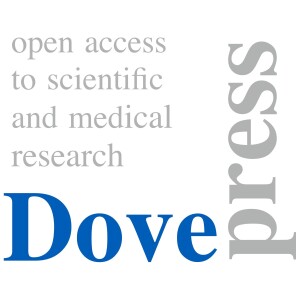Thursday Feb 29, 2024
Exploring the clinical presentation, course, and burden of disease in generalized pustular psoriasis

Dr Uwe Wollina, the former head of the department of dermatology and allergology at the Academic Teaching Hospital, Dresden welcome Drs. Merola and Amin to discuss the potential triggers of an acute GPP flare. GPP can be debilitating for patients, and they will discuss the different aspects of the burden of disease for patients with GPP.
Generalized pustular psoriasis (GPP) is the most severe form of pustular psoriasis and affects large areas of the body. GPP is a rare disease, and has a variable presentation; thus, its diagnosis is challenging. The onset of symptoms is rapid, with the appearance of painful skin erythema, followed by the widespread eruption of sterile pustules. Acute GPP (called a flare) is often accompanied by systemic symptoms, including high fever, pain in skin lesions, malaise, and fatigue. Approximately half of GPP flares require hospitalization, with an average inpatient duration of 10–14 days. GPP prevalence estimates range from approximately 2–124 cases per million persons, with a female predominance. The most common age of onset of GPP is 40–60 years, although cases have been described in younger adults and children. GPP affects every aspect of patients’ lives and has a high physical and psycho-social impact. Recent research on the interleukin-36 pathway associated with GPP led to the development of a GPP-specific treatment, spesolimab, which was approved by the US FDA in September 2022. This podcast explores the clinical presentation, disease course, and burden of disease in GPP, including differential diagnosis and common triggers of an acute flare.